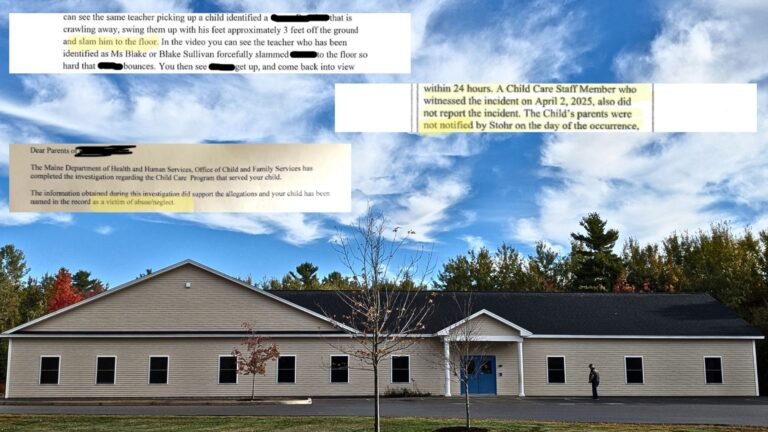German philosopher Max Weber said, “Politics is the art of compromise.”
And, Weber might have added: Elections are the art of exaggeration.
We at the Maine Center for Public Interest Reporting spent much of the spring and summer checking out the claims of the three major candidates for U.S. senate, focusing mostly on what they said they had done to fix the economy and promote jobs.
What we found, with some modest exceptions, had more spin on it than a Sandy Koufax (you can look him up) curveball.
But there’s more to be learned from politicians “practiced in the art of deception,” to quote the Rolling Stones, which I like to do whenever the opportunity presents itself.
Now that the votes have been (mostly) counted, the TV ads silenced and the pundits (there are so many) either crowing or eating crow, we thought we’d try to find some broader meaning from our months of reporting.
Was there a theme, a lesson, from our deep dig into the Senate candidates’ records vs. their electioneering?
We had no favorites in the race; we are equal opportunity offenders. Our role is to hold ‘em accountable. To pull back the curtain of artifice and show you who’s behind there. If you see an emperor parading about in his new clothes… well, that’s your call.
You can read our stories to get the details, but here’s the rest of the story:
What was instructive was how the three candidates responded when confronted with our research. You can see what was revealed of their character when their campaign hype met our “just the facts, ma’am” reporting.
In most cases, the difference was, to quote Mark Twain, the difference between a lightning bug and lightning.
Cynthia Dill, the Democrat, took refuge in an ad hominem criticism of our reporter, Matt Drange, writing in an online comment that he “apparently splits his time between Maine and California — didn’t visit the areas of rural Maine or talk to real Maine people.”
(Drange was hardly a jet setter going back and forth between Maine and California, his home state. He spent the whole summer here in Augusta and Hallowell, although he did ride his bike to Litchfield after work quite a few times.)
Charlie Summers, the Republican candidate, did not wait for the story to appear to show his reaction. In an interview at our Statehouse office, we asked him about a program he had touted as part of his job creation platform.
On the one hand, he stated on his web site that creating a business advocate job on the national level as he has on the state level “will create jobs.” Yet, in the interview he said that it was too soon to answer our questions about the program’s results.
Confronted with the contradiction of boasting about the program on one hand and asking to us to wait “three years” to assess it, Summers dropped his cool demeanor and tried to deny saying what he had said. You can see it all on the video.
We dealt with Angus King, now senator-elect, on three stories about his eight-year tenure as governor: his claims about fixing the state pension system; the jobs benefits — or lack of them — from a tax break program he initiated; and his laptops in the classroom initiative.
When he saw our evidence that his pension stats were cherry-picked, King corrected them on his web site. On the tax subsidies, he dismissed an independent study critical of the program, and fell back on justifying it as “common sense,” although later in the interview he cited a different study because that one praised his program.
His campaign posted the laptop story on its website, even with the headline we wrote, which wasn’t all that flattering: “King’s laptops leveled playing field, but academic benefits hard to assess.”
There you go: three politicians, each revealing themselves by how they handled being ushered out of the spin room for a little chat with the facts.
“The enemy isn’t conservatism. The enemy isn’t liberalism,” wrote columnist Lars-Erik Nelson. “The enemy is bullshit.”







